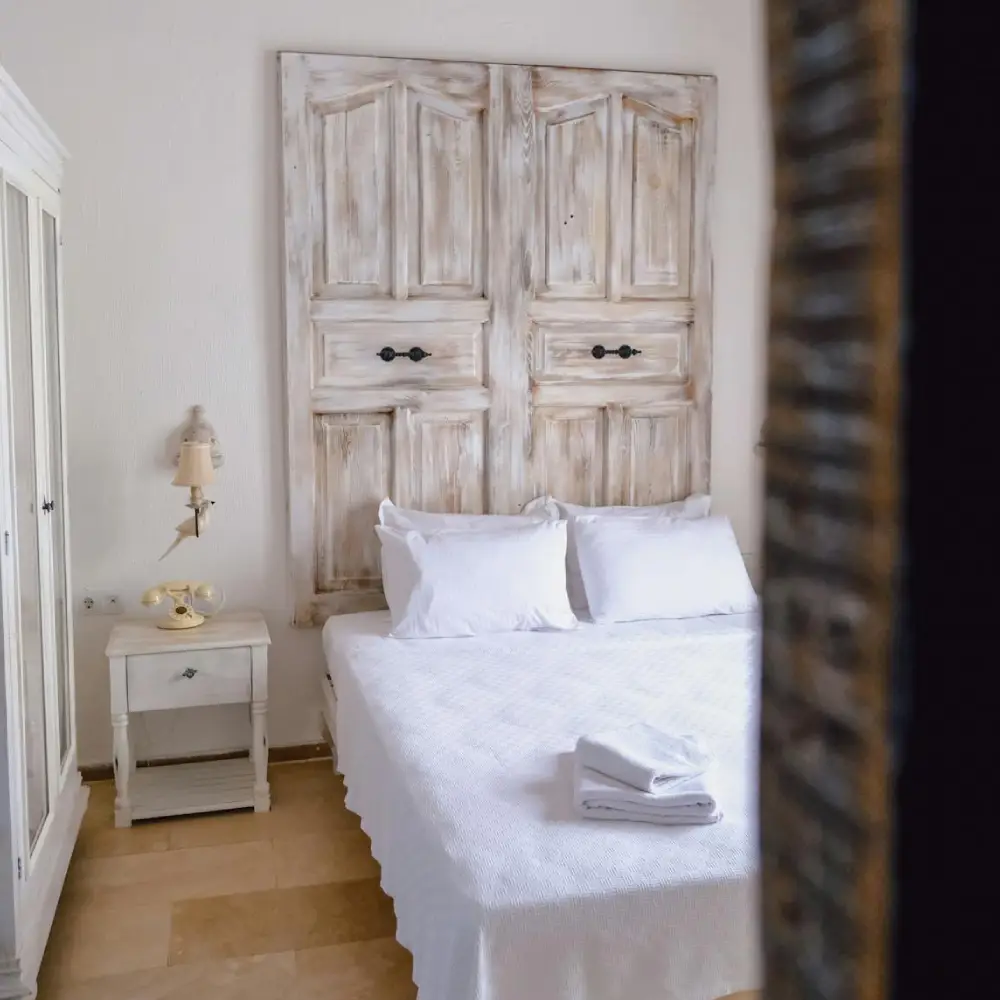At Home
If the death occurs at home and is expected, contact the deceased's GP's surgery, and a GP will verify the death. Alternatively, a community nurse may also verify the death. You can then contact us to take the deceased into our care. If no coroner is involved (please see below), the GP will issue a medical certificate of the cause of death, which will be sent directly to the Registrar. The Registrar will then contact the family to schedule an appointment to register the death. If the death at home is unexpected, dial 999 for an ambulance. Emergency services will guide you through the next steps. In cases of unexpected death, the police will be called, and they must report the death to the coroner. Once verified, the coroner will appoint funeral directors to take the deceased to the hospital mortuary.
At a Hospice or Nursing Home
If the death occurs at a hospice or nursing home and there is no coroner involvement (please see below), a GP or qualified staff member will verify the death. They will then arrange for us to take the deceased into our care. The GP will issue a medical certificate of the cause of death, which will be emailed directly to the Registrar. The Registrar will contact the family to arrange the registration of the death.
In Hospital
If the death occurs in a hospital and there is no coroner involvement, the bereavement office will explain how the medical certificate of cause of death will be issued. The hospital doctors will issue a medical certificate of the cause of death, which will be sent directly to the Registrar. The Registrar will contact the family to arrange an appointment for registering the death. Each hospital requires specific paperwork before we can bring the deceased into our care, and we will guide you through this process.
Elsewhere
If the death occurs outside the home area, local GPs, hospitals, or the coroner will handle the necessary paperwork. Registration of the death must take place in the district where the death occurred. If the deceased is to be returned home for the funeral, we will arrange transportation and all necessary arrangements, including deaths occurring abroad.
Abroad
If the death occurs abroad, certain circumstances may prevent issuing a medical certificate of the cause of death by local hospitals or GPs. In such cases, the death must be reported to the coroner, usually by a GP or police officer.
-
The cause of death is unknown
-
The deceased was not attended by a doctor during their final illness
-
Death was sudden and unexplained
-
The doctor had not seen the deceased within 14 days before death or after death
-
Death occurred during an operation or under anaesthesia
-
Death was caused by an industrial injury or disease
-
Death was violent, unnatural, or under suspicious circumstances
-
Death occurred due to violence, neglect, abortion, or poisoning
-
A relative present at death
-
A relative present during the final illness
-
A relative residing in the sub-district where the death occurred
-
A person present at death
-
The person responsible for funeral arrangements (excluding the funeral director)
-
The occupier of the premises where death occurred

Tell Us Once Service
In summary, Tell Us Once is a valuable service that assists in notifying key government
departments and local council services about a death, easing administrative burdens for the bereaved. However, it is important to remember that additional notifications may be required to address private sector organizations, international matters, and personal legal and financial affairs.
The following is a suggested list of people to contact.
-
Car Insurance: Documentation will have to be changed as you are not legally insured to drive if the policy is in the deceased name.
-
Social Services/District Nurses: If there is equipment belonging to either of these, it must be returned.
-
Hospital and/or Family Doctor: Any outstanding appointments should be cancelled
-
Employer or Professional Association
-
Inland Revenue
-
Social Security: Form 344/BD8 needs to be completed to cancel any direct payments into a bank account. This white certificate is provided by the Registrar of Deaths.
-
Local Council: Cancel any housing/rate benefits and council tax.
-
Utilities: Gas, electric, water, telephone and cable companies.
-
Post Office: Arrange redirection of mail, a small charge may be made.
-
Credit Card Companies: Cancel cards and pay up accounts.
-
Banks and Building Societies: Accounts need to be closed and any joint accounts need to be amended.
-
Investments and Insurance Policies: Premium Bonds are not transferable. The Post Office will issue you with a form that needs to be sent to the Bonds and Stocks Office. For further advice suggest that you consult a Financial Advisor or Accountant.
-
Store Cards
-
Season Tickets and Club Memberships Cards
-
Library Books and Card
-
Make provision for care of any pets
-
National Insurance Papers
-
Private Pension Providers
-
Solicitor/Accountant
-
Life Assurance
-
House and Contents Insurance
-
Travel Insurance
-
Dentist
-
Optician
-
Mobile Phone Provider
-
Broadband Provider
-
Mortgage Provider/ Landlord Car Insurance
-
To change Policy Holder’s name or a refund may be issued.
-
Television License
-
Car Insurance change Policy Holder’s name or a refund may be issued
Denbighshire Registration Service:
-
Rhyl Registration Office: 0300 123 5019
-
Ruthin Registration Office: 01824 706000
Hospitals in Denbighshire:
-
Glan Clwyd Hospital, Bodelwyddan: 01745 583910
-
Ruthin Community Hospital: 01824 703537
-
Llangollen Community Hospital: 01978 860326








